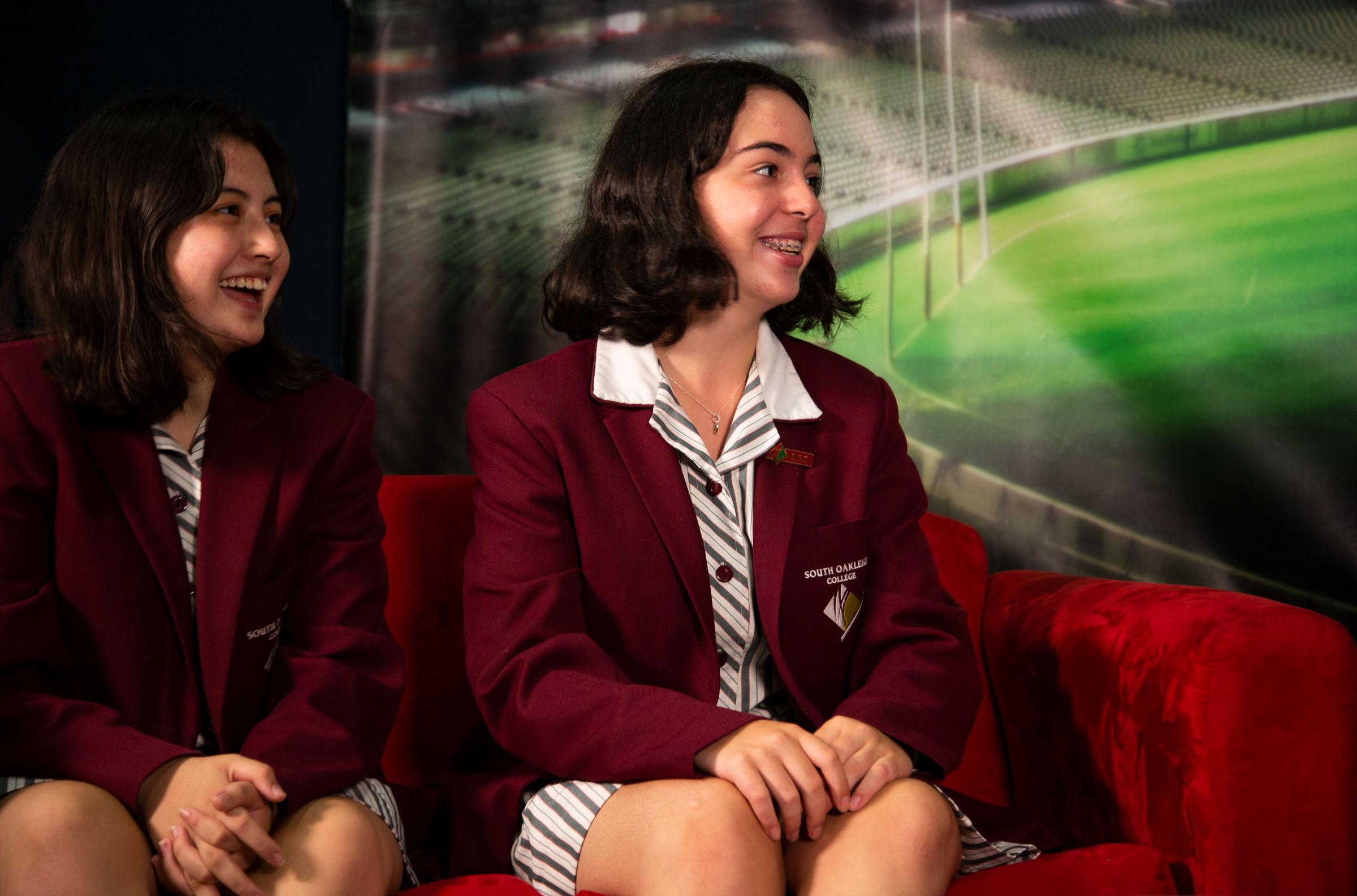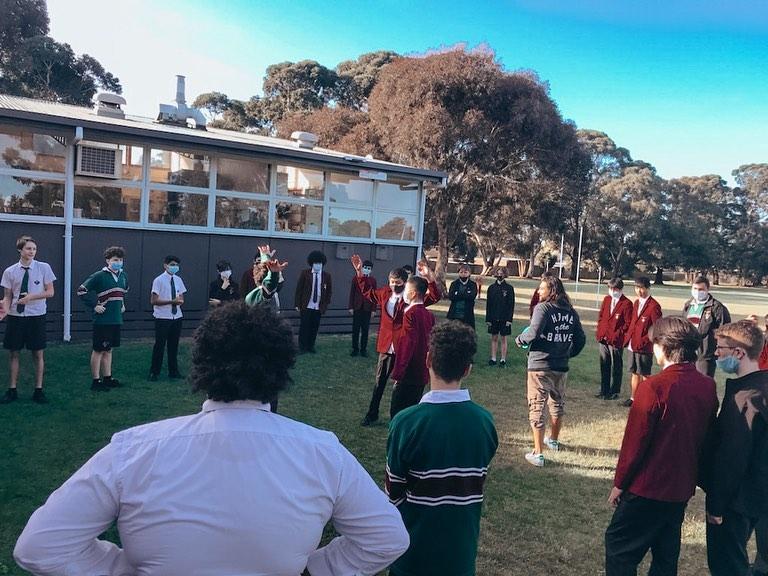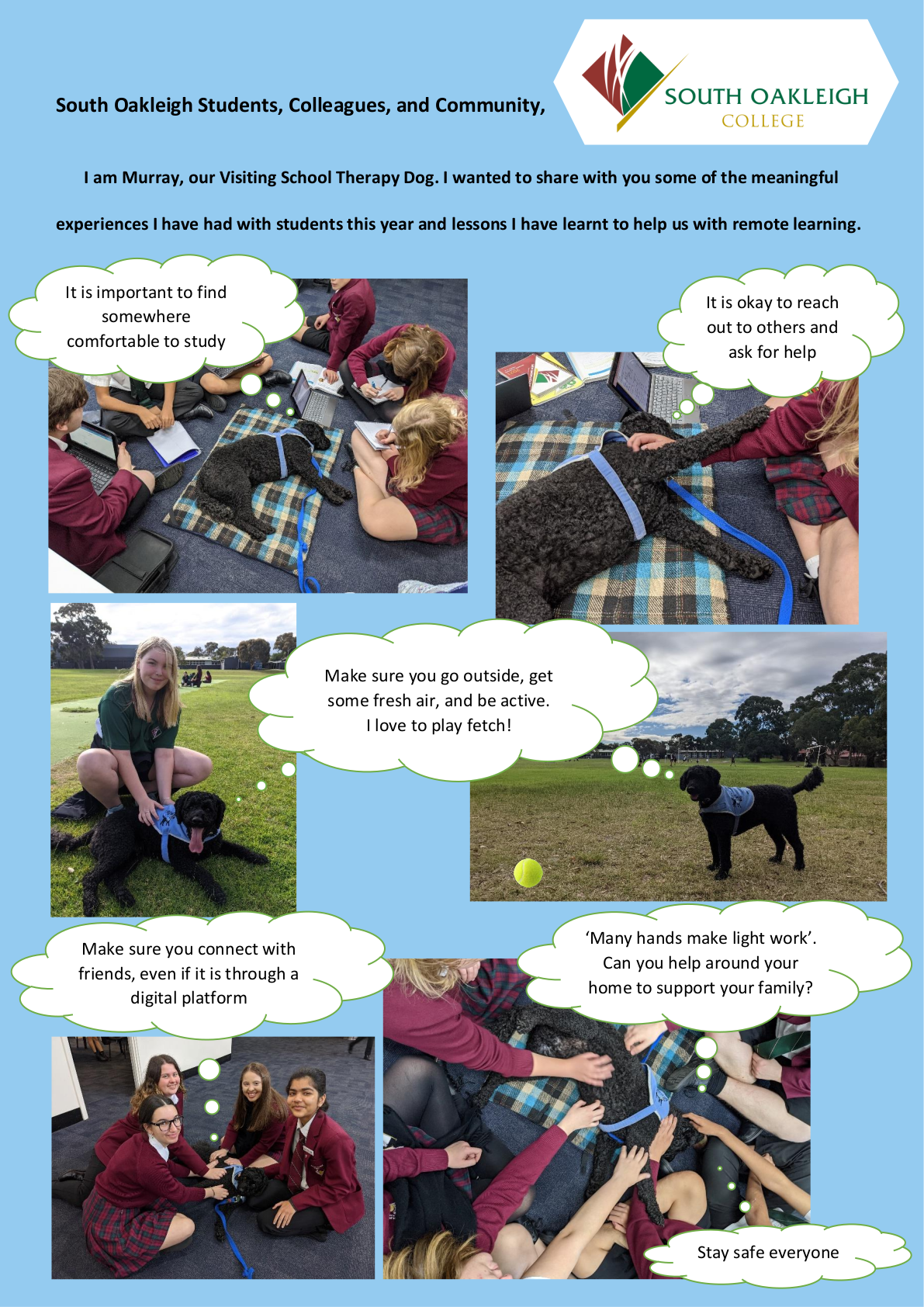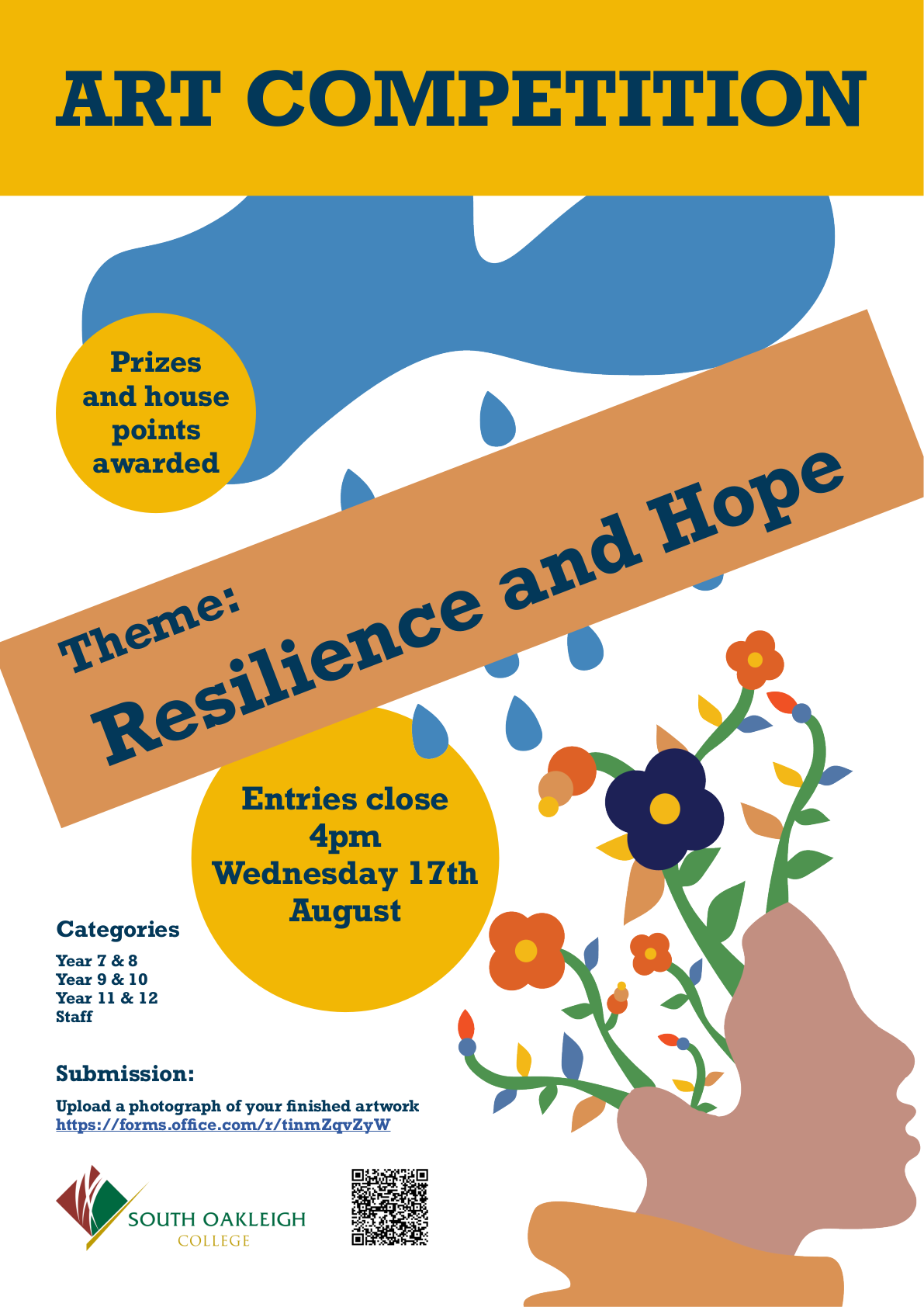Wellbeing

Manage your Mental Health in and out of COVID Lockdown
With the recent circuit-breaker lockdown, it’s normal to feel many different emotions. You could be having a hard time at home with your family or you might be seeing members of your family struggling.
What can you do?
• Stay connected with your friends and family as part of a daily routine. If things are bothering you online or offline, speak openly about it.
• Reach out to your extended family - such as cousins, aunties or uncles - if you are having a hard time at home with your immediate family.
• Let your teachers or school Wellbeing Team know if you need extra support.
• If you are feeling pressures from social media, it’s OK to take a break or switch-off.
• If you think you are being cyberbullied or you feel uncomfortable or unsafe about someone who has contacted you online, read up on eSafety’s advice about how to get support.
It’s important to take care of yourself and look out for your friends and family at the same time. Listen to them and remind them that you care about them but don’t take on too much yourself. Try directing them to a service that offers trusted advice and support, such as Headspace (for young people aged 12 to 25), KidsHelpline, and Lifeline.
The above information has been sourced from the eSafety Commissioner and is available at https://www.esafety.gov.au/key-issues/covid-19/advice-young-people
Spending too Much Time Online
Are you spending too much time online? If you feel like you’re always checking your phone or updating your status, you’re not alone.
Young people in Australia use an average of four different social-media services. That can add up to a lot of time spent online or checking your phone. Social-media services also send notifications all the time, which are designed to bring you back online and using the service.
Here are some tips so you can take control of your online experience, rather than letting it control you:
• Make a plan — set daily tasks you would like to achieve including study, exercise, socialising and rest. This may help you maintain focus during the day.
• Set routine breaks — if you are using a device for an hour or more, make sure you take a short break. This could include stretching or a short walk.
• Turn off notifications for your social media or messaging apps on Apple and Android devices while studying.
• Monitor or limit your phone use. Many phones have settings that allow you to track how long you spend on apps and set daily usage limits.
• Try limiting your gaming time if playing is beginning to affect your schoolwork or social life — organise some other activities with friends.
• Turn your devices off or put them on airplane mode at least an hour before bedtime to ensure you have the best quality sleep.
• Unfollow accounts that make you feel bad about yourself when you do check your phone. Alter your feeds so that when you do check it’s a more inspiring and positive experience
• Talk to someone. If the pressure from social media is making you feel isolated or getting depressed, reach out and talk to people you trust or our Student Wellbeing Team. There are also specialist online counselling services for help and support:
Kids Helpline 1800 55 1800 Online chat https://kidshelpline.com.au/get-help/webchat-counselling
Headspace 1800 650 890 eheadspace https://headspace.org.au/eheadspace/
The above information has been sourced from the eSafety Commissioner and is available at www.esafety.gov.au
Penny Hsiao
Health Promotion Nurse
Mancave Workshop
Last Tuesday, all Year 9 boys had the opportunity to engage with each other throughout the day and share what it is to be a young man and what is prominent in their thinking and the difficulties they are faced with.
What stood out for me as a participant and observer as the day progressed was how trusting and supportive the boys were of each other and the openness and honesty of those who shared their story, in many cases for the first time.
The Facilitators were - Man Cave www.themancave.life
The workshops aimed to help young men build:
Participants will build their own self-awareness and identify positive male role models in their lives
Participants will create a stronger connection to self, groups and their communities
Participants will develop positive self-concepts and healthy interpersonal relationships through positive psychology principles
Participants are introduced to concepts such as stereotypes, gender and masculinity
Participants are introduced to how gender identities have been shaped by society, culture and the media
Participants will develop practical emotional tools that will contribute to long-term positive behaviour
|
The feedback and involvement from the boys signalled how successful this program was.
We are very proud of the way our students engaged in all of the sessions.
Michael Alexis
Director of Students: Student Wellbeing
A STUDENTS PERSPECTIVE
On Tuesday 3 August every Year-9 boy got to participate in the Man Cave program. It focused on men’s mental health.
The program ran for the entire day with breaks for recess and lunch, and balanced exercise and games with discussion throughout the day.
A lot of the conversation got surprisingly heavy and it genuinely felt like an outlet for a lot the boys. The people hosting each session did an excellent job of provoking those conversations and came from a place of curiosity and care with every question they asked. It was honestly very surprising to see how the space created felt comfortable enough for people to open up so much, especially considering that a lot of the people in those groups otherwise wouldn’t be talking often.
The program focused on teaching the boys to feel comfortable sharing their emotions, manage their mental health, and build healthy relationships with others.
Man Cave was overall a very positive experience and I got the impression that many people found it valuable.
Fin Morgan
Year 9 Student
A Message from Murray:






